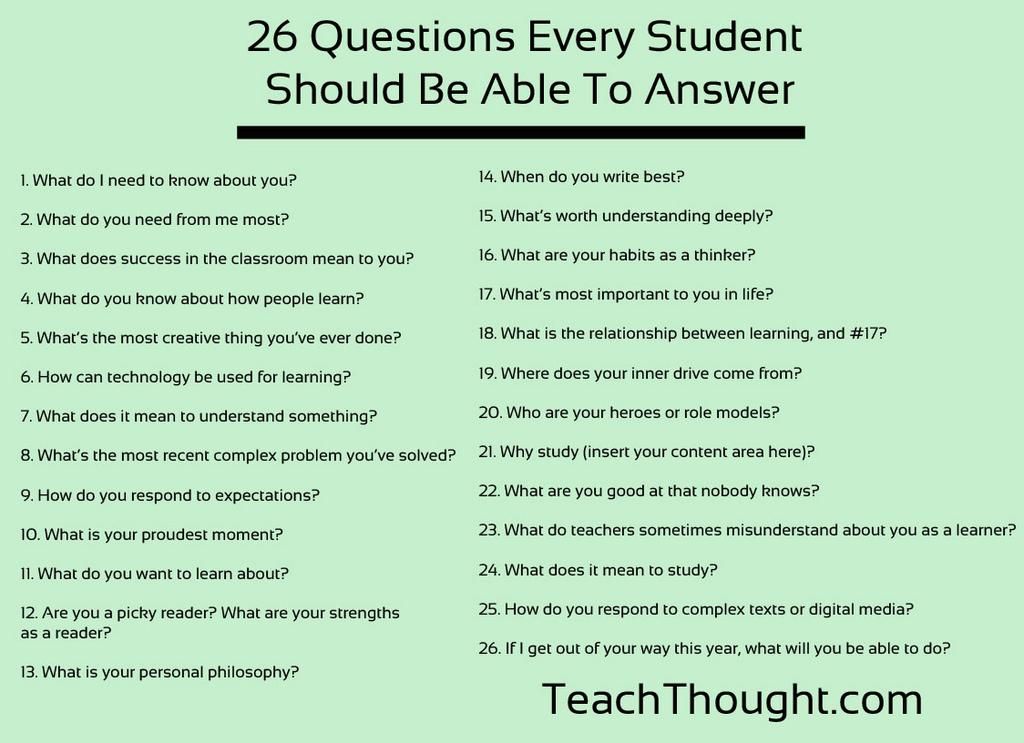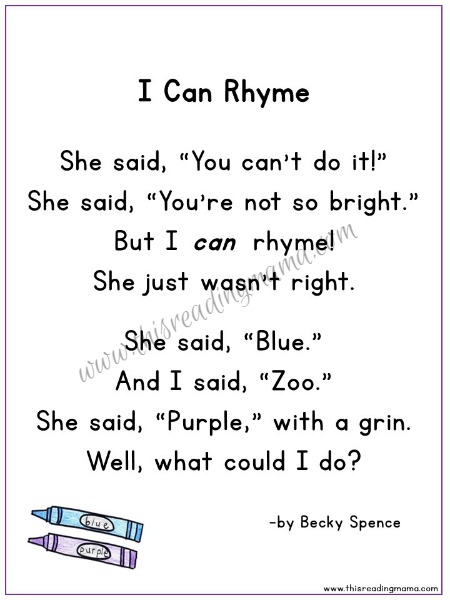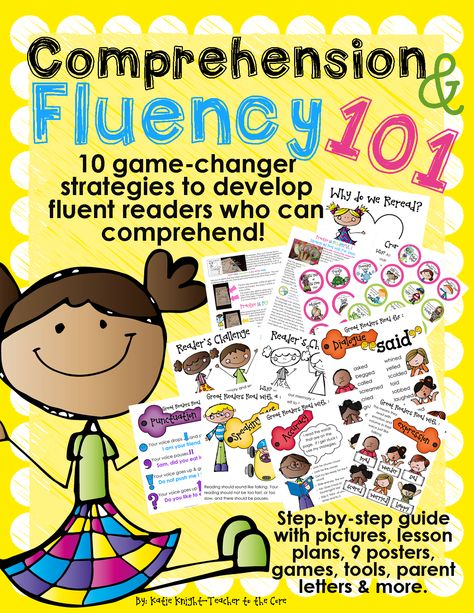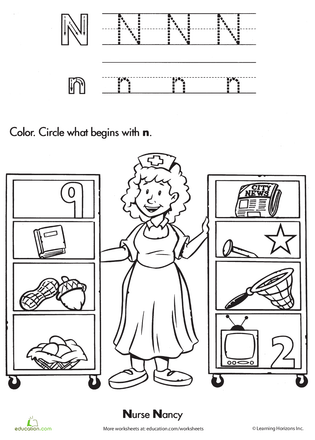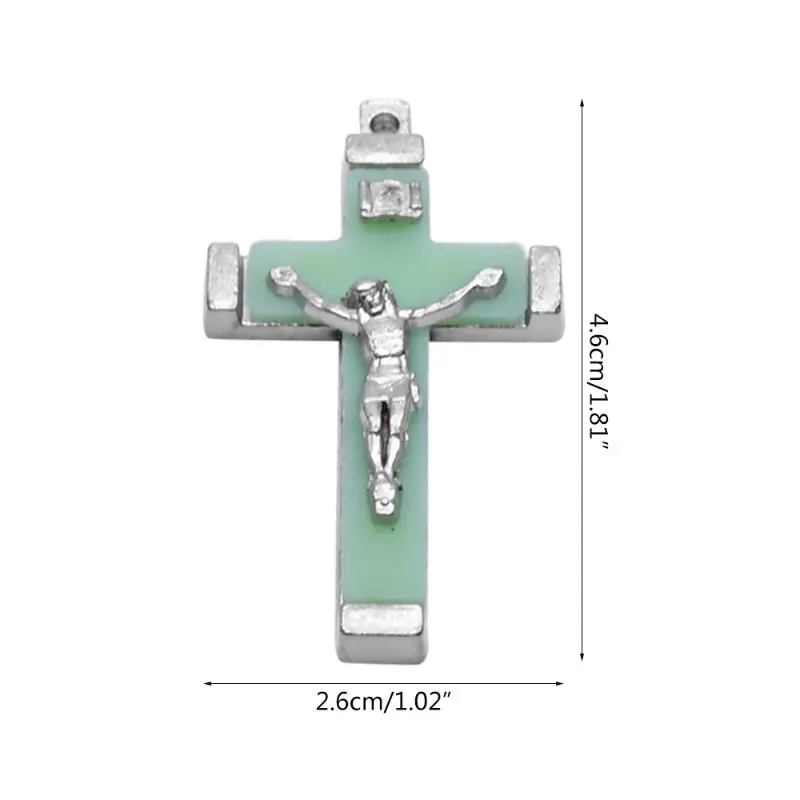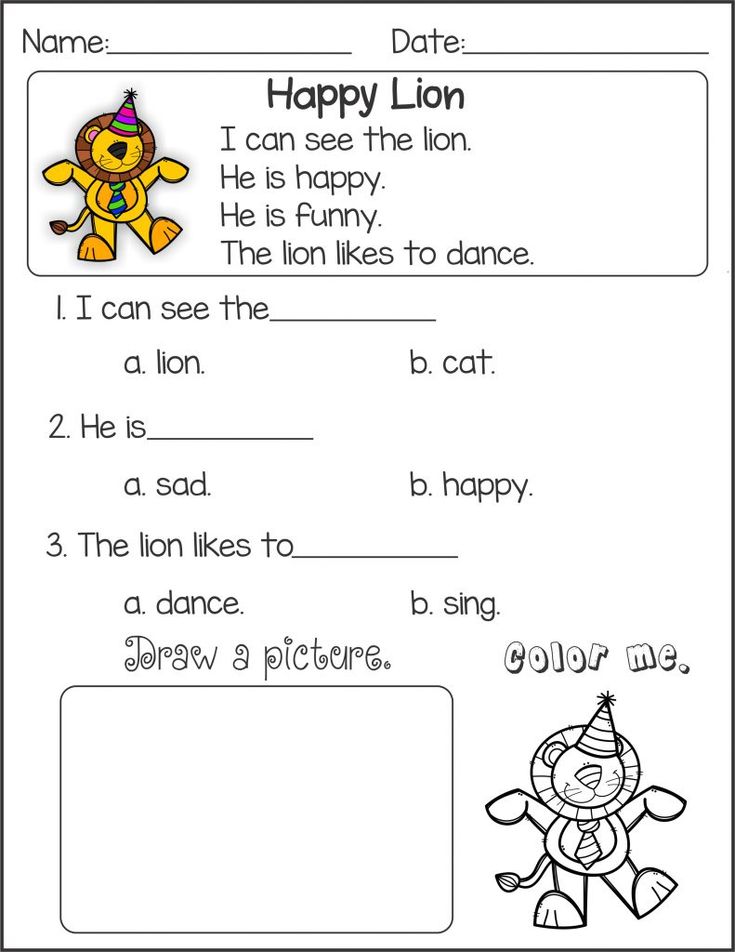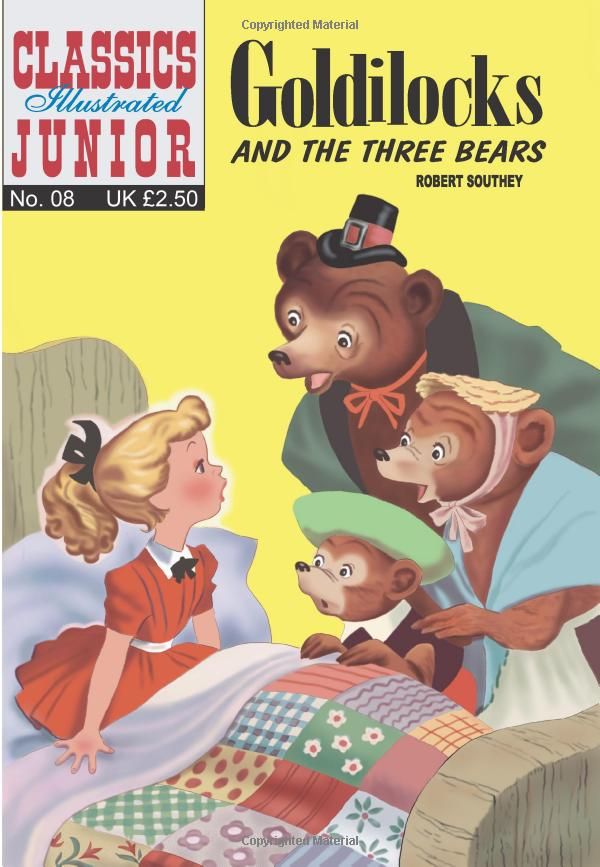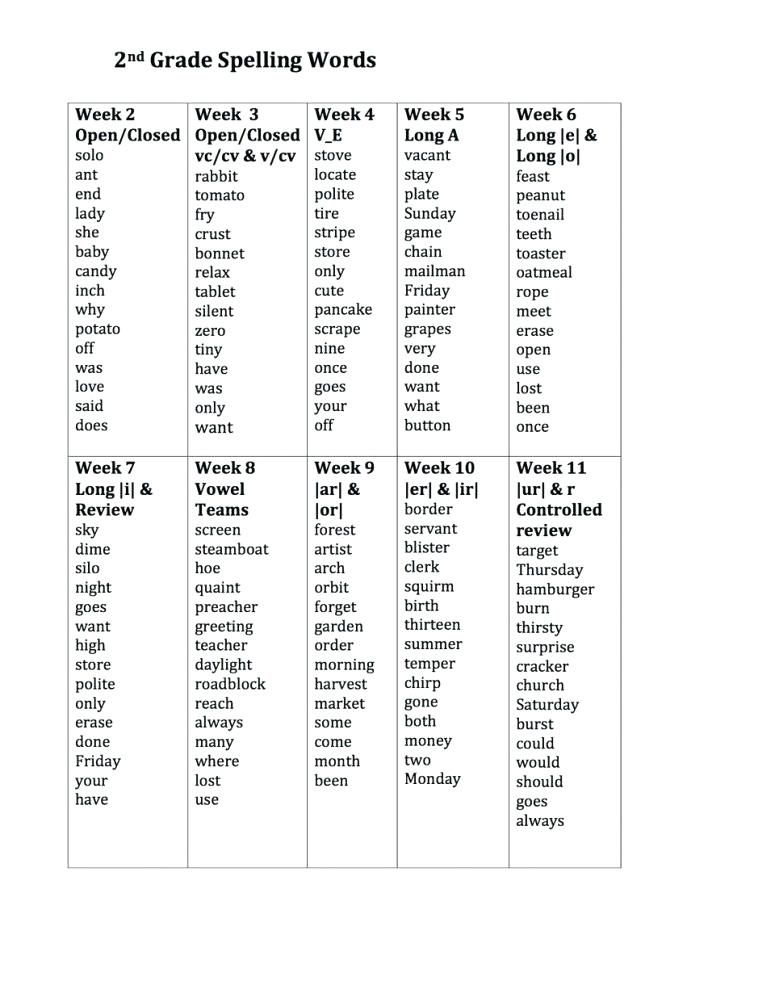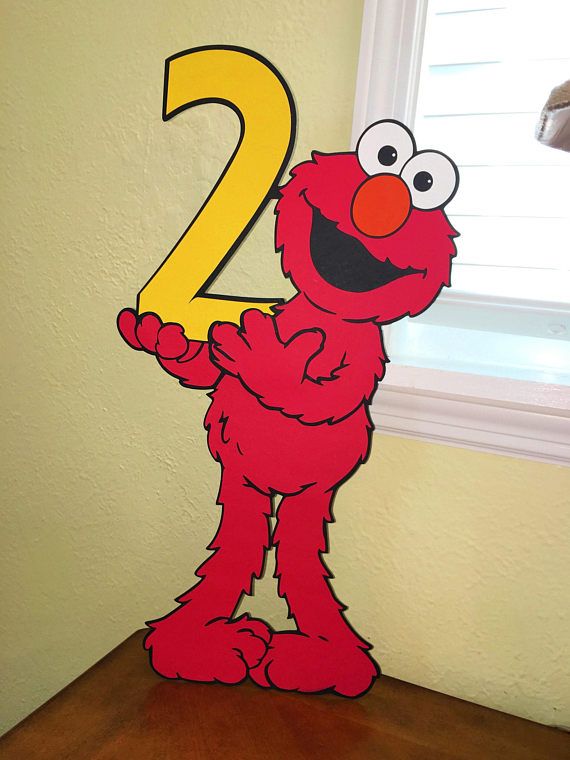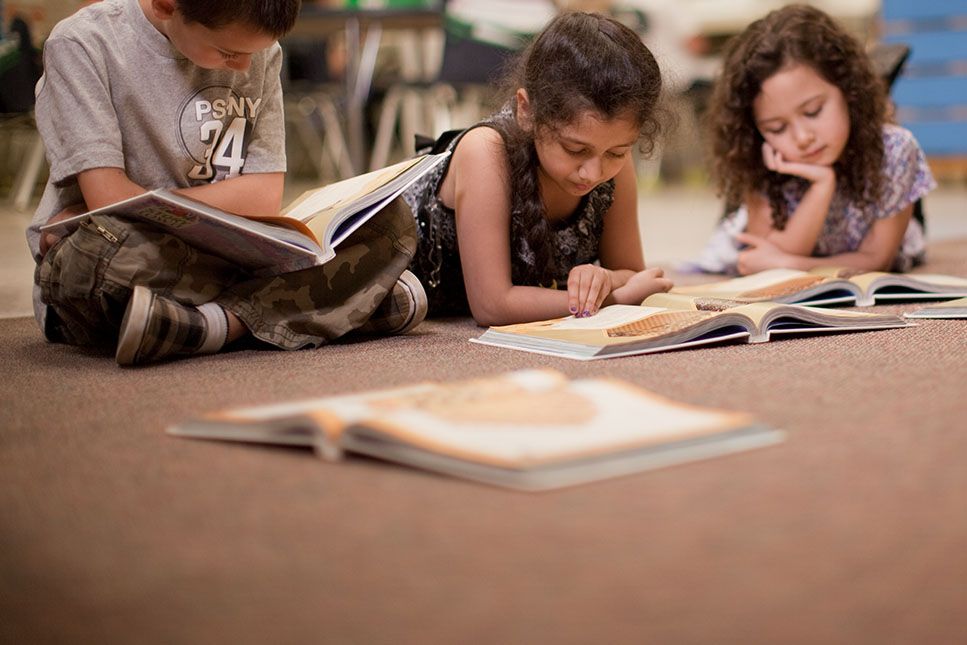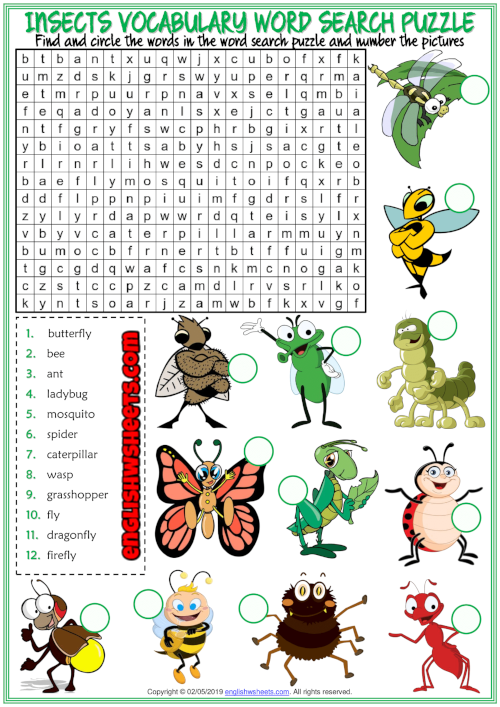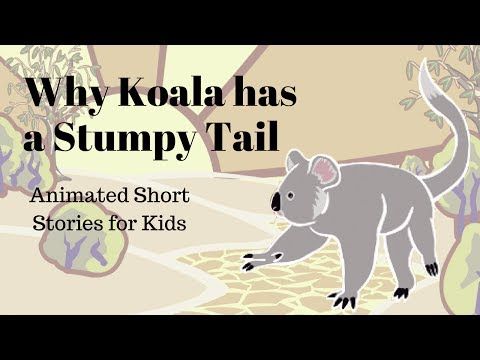Words kids should know
Words and Concepts that Every Kid Should Know
It finally seems like we can stop making pencil marks on the wall. It’s certainly been a bit of an endurance battle dealing with the wonky mood swings of the growth spurt grouches. Low and behold, I’m finally getting a few more smiles at the dinner table and things seem a little more equalized. After writing that piece a couple of weeks back, I really started noticing the gears grinding away in their little brains, trying to once again find their sense of self, three inches later.
As the boys continue to grow mentally and start to figure things out on their own, it definitely seems more important than ever to make sure that M and I are conscious about teaching them about concepts that will help them grow into some fine, respectable young adults (but not too fast please.) I’ve put together a little infographic that includes words that I feel every kid should know.
Kindness and Compassion
Tantrums and timeouts aside, L + B are pretty awesome little guys. Even if it’s making sure that the daddy longlegs from the kitchen window gets outside safe and un-smushed, it’s amazing how thoughtful and considerate they can be on their own free will. Just the other week, I was at a friend’s for lunch and her daughter (completely unprovoked) helped clear the dishes and wiped down the table! Where did these wonder children come from?!
We’ve all been bombarded with the phrase: ‘actions speak louder than words’, but it is especially relevant in this case. Teaching the boys about generosity and compassion has definitely been done mostly by walking the walk and making sure to demonstrate these values in front of them. On the flipside, I’ll admit that it’s taken a bit of self-discipline to not lose my cool from time to time (um, we all have those days those days), but I’ve been making the extra effort to explain to them if I do lose my cool, why. It also teaches them mom isn’t perfect which is a good lesson. This type of respect is a form of consideration that a lot of people mistake for animosity and can go a long way in teaching these concepts, even if you’re disagreeing with someone.
Sympathy and Selflessness
With all their toys and other goodies from Santa over the holidays, L + B certainly had their fair share of huffing and puffing over who plays with what. I think it’s just natural to have that competitive edge – especially with boys – but there’s definitely a balance between feeling that their needs come first and sort of naturally having a capacity for sympathy. I can think back to when my little ones literally sobbed when their legos were smashed or threw a huge fuss over the idea of having to share something with friends. While it might have been sort of incredibly annoying at the time, it’s definitely a good sign that they know what it feels like to care about someone (or something) really early on.
A really awesome way to demonstrate these concepts is to get together some old clothes and toys that have been gathering dust in storage and bring the kids along on a trip to the nearest Goodwill or Salvation Army. As you may imagine, the aforementioned growth spurt has made it next to impossible to keep a dresser full of clothes that actually fit, so we threw some old ones in a pile and filled some bags. I talked to them about the idea of helping others in need, the concepts of humanity and charity, and it was amazing to see the positive energy that they had throughout the day knowing that someone else is going to benefit from their actions.
As you may imagine, the aforementioned growth spurt has made it next to impossible to keep a dresser full of clothes that actually fit, so we threw some old ones in a pile and filled some bags. I talked to them about the idea of helping others in need, the concepts of humanity and charity, and it was amazing to see the positive energy that they had throughout the day knowing that someone else is going to benefit from their actions.
Patience and Reflection
It seems these days we live in a society that craves instant gratification. Slowly but surely, it seems like kids want things much more often and they want them now! I covered this a bit in the post about finances and the kids a little while back, but it’s super important to stress how much patience and responsibility play a huge role in their young lives.
I’m sure that part of this lack of patience in a lot of young kids has to do with all the video games and their shortened attention spans.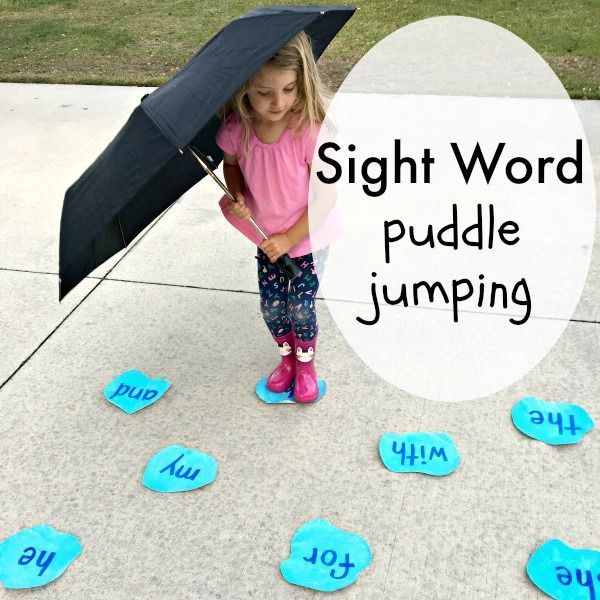 I’m not saying that we should take the games away because let’s face it, we all deserve a little time to unwind and get our minds off things. I try to limit these things and let them play as a reward for doing good deeds or chores around the house. This way, they learn that you may have to wait for a bit to get things that you want in life. I also really feel that learning patience will also help them as they get older when it comes to keeping it together during stressful or tough situations. We all know, life doesn’t get any easier.
I’m not saying that we should take the games away because let’s face it, we all deserve a little time to unwind and get our minds off things. I try to limit these things and let them play as a reward for doing good deeds or chores around the house. This way, they learn that you may have to wait for a bit to get things that you want in life. I also really feel that learning patience will also help them as they get older when it comes to keeping it together during stressful or tough situations. We all know, life doesn’t get any easier.
I know that sometimes it’s hard to say “no” to those little faces, but I try to use a solid balance of reinforcement and discipline. This also helps with reflecting about their behavior and learning responsibility. If their best bud calls and wants a play date, be sure that they clean up any mess that may have been left behind beforehand. I have found that the more that I enforce the rules, the more likely it is that they will start to get into a routine of doing these things without being asked.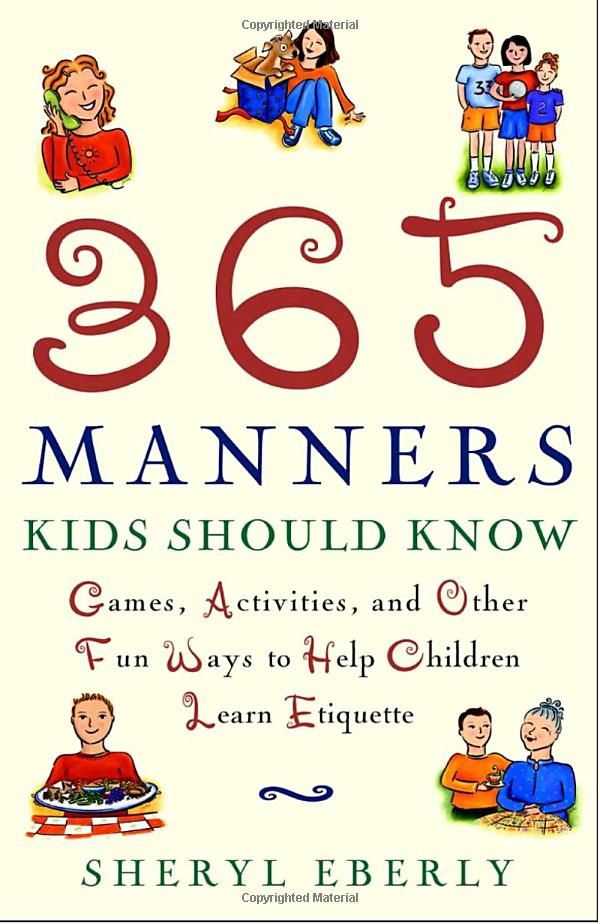 A huge win!
A huge win!
Teaching our kids these important life lessons day in and day out sure isn’t easy. But what part of parenting is? Here’s to raising kind kids by leading by example the absolute best we can.
- About
- Latest Posts
Courtney
Courtney is a wife to M and a mom of two boys, L (8) and B (3). Most of her blogging is done frantically during nap time in between laundry, cleaning, and the occasional housewives rerun. Or the brief hour or so that she can stay awake after the boys go down for the night. She loves her sleep. Read more...
Latest posts by Courtney (see all)
100 Vocabulary Words Kids Should Know ~ Jersey Family Fun
By: Author Jennifer Auer
Posted on Published:
I admit when I was a high school student I didn’t know all the vocabulary words kids should know. I didn’t take vocabulary as seriously as I should and I didn’t think about how important it would be to me years later.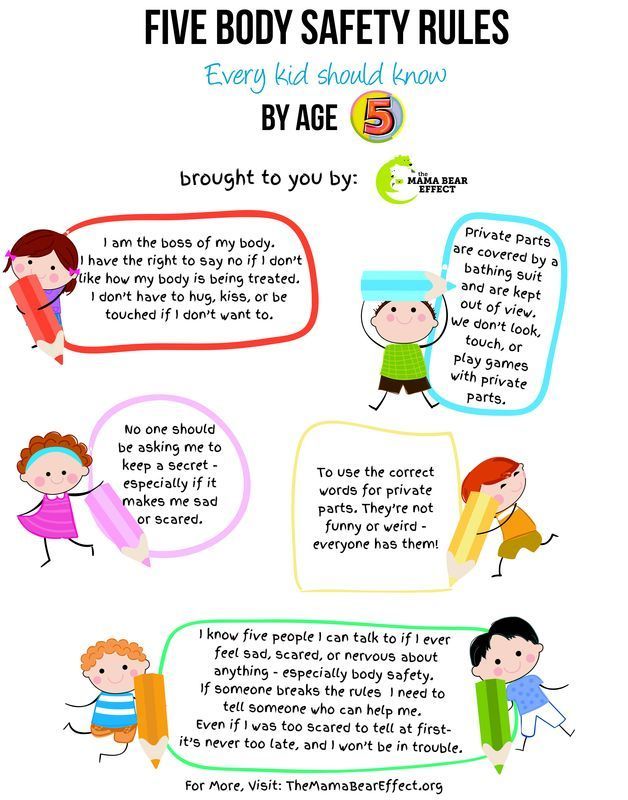
Fast forward to my twenties when I was a teacher for the Princeton Review. I learned then that there was a core 500 vocabulary words kids should know for the SAT. Yes, it’s true. Turns out the College Board has this list of words that they regularly use in the verbal and reading sections of the SAT. Knowing those words can mean the difference between the minimum score or one a hundred points or more higher. Over the course of a 6-week SAT prep course we would work to help students memorize these words. Fifty words a week, it’s a lot, but it’s what happens if you wait till right before the SAT to prep for it.
What if though, instead of waiting till the SATs, we started working with our kids now on their vocabulary skills? Wouldn’t it be easier to study and learn 5 words a week of the vocabulary words kids should know than waiting till they are in high school?
After all, vocabulary shows up EVERYWHERE! It’s not just on the SAT your child will take in high school.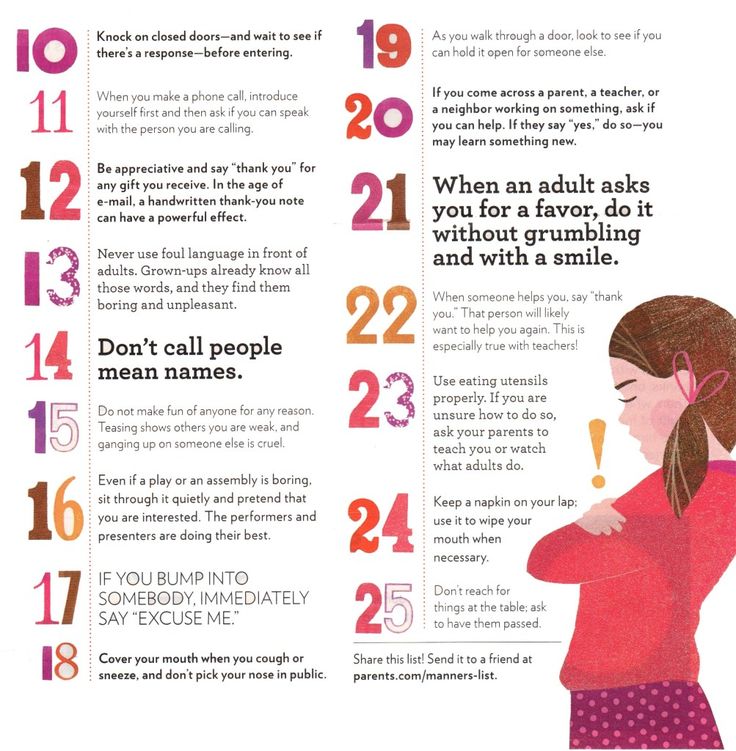 Vocabulary plays a role in nearly every standardized test students take from grade school through post college. When it comes to essay writing, using impressive vocabulary words and using them correctly can make the difference between an average grade and the best grade possible.
Vocabulary plays a role in nearly every standardized test students take from grade school through post college. When it comes to essay writing, using impressive vocabulary words and using them correctly can make the difference between an average grade and the best grade possible.
Your understanding of what you read and hear is, to a very large degree, determined by your vocabulary, so improve your vocabulary daily.
Zig Ziglar
With that in mind, as part of our Jersey Classroom, I have reviewed the latest recommended lists of vocabulary words kids should know and combined that with my love of New Jersey and experience as a teacher. I have developed 20 lists of vocabulary words, 5 words each and I have grouped them around themes such as places kids like to visit and things they like to do in New Jersey such as Medieval Times, Historic Cold Spring Village, Six Flags Great Adventure, the Tuckerton Seaport, Wild West City, Jersey Shore Pirates, and more.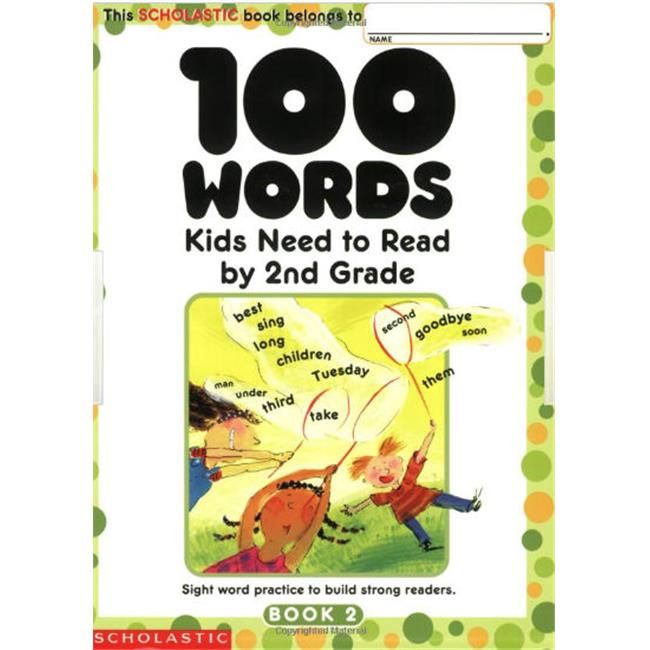 Because when kids can associate vocabulary words with things that are relevant to them they are more likely to retain what those words mean.
Because when kids can associate vocabulary words with things that are relevant to them they are more likely to retain what those words mean.
100 Vocabulary Words Kids Should Know
Beginning September 1, 2020, I will begin sharing vocabulary words kids should know centered around themes that will make it easier for kids to remember. There will be a different vocabularly list for each school week, until December 21, 2020. From December 19, 2020 till January 1, 2021 no new lists will be posted. We’ll be taking a winter break and encourage you all to do so as well. The vocabulary lists will be back on January 4, Mondays through Fridays, until January 29, 2021. That will make for 20 weeks of vocabulary lists of 5 words each. Depending on what is happening with our schools and the popularity of our vocabulary lists, we may continue on beyond that.
This week’s 5 Vocabulary Words Kids Should Know
We’ll define each of this week’s vocabulary words below BUT we encourage you to download and print out our vocabulary worksheet and have your children use a dictionary to look up each word themselves, as that is part of the requirement for the learning standard.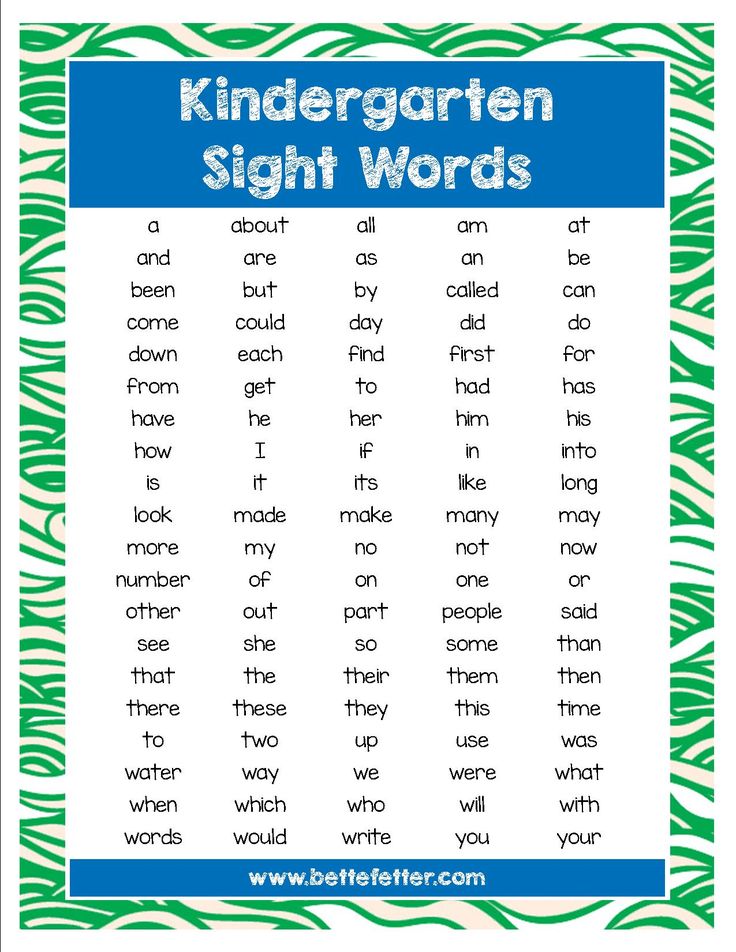 The link to download and print is below the list of words. Then, you can use our list below to check their work.
The link to download and print is below the list of words. Then, you can use our list below to check their work.
This week’s vocabulary theme is Words from boardwalk games.
aptitude
Part of speech – noun
Definition – a natural ability, talent
tactic
Part of speech – noun
Definition – viewing the future with anxiety or alarm : feeling or showing fear or worry about the future
debris
Part of speech – noun
Definition – the remains of something broken down or destroyed -balloon dart
sabotage
Part of speech – verb
Definition – to destroy or damage (something) deliberately so that it does not work correctly, to cause the failure of (something) deliberately
replenish
Part of speech – verb
Definition – to fill or build up again
September-28-Vocabulary-Boardwalk-Games-listDownload
These worksheets were created with Canva software. It’s easy to use. If you need to create your own printable items check out Canva with my affiliate link.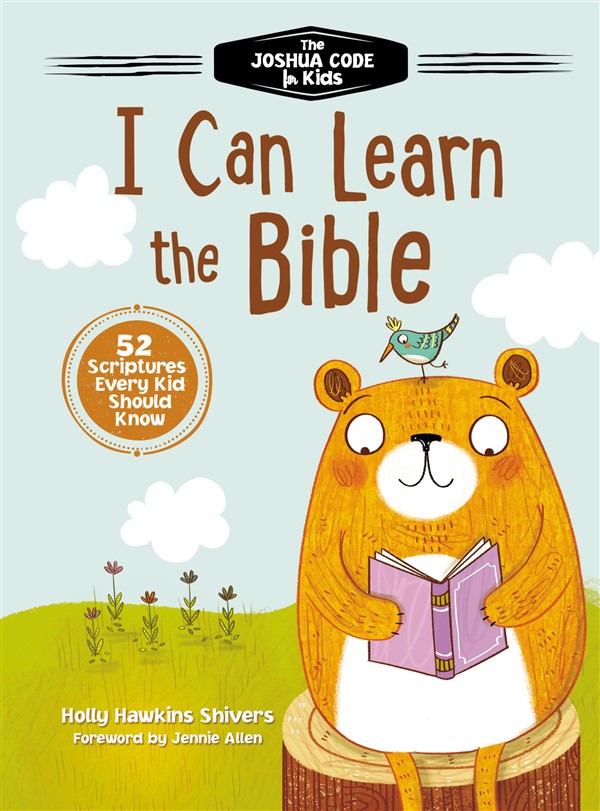
Come back to this post on Friday
On Fridays, we’ll share a printable you can use to test your child on how well they learned this week’s vocabulary words.
October-2-Vocabulary-Boardwalk-GamesDownload
October-2-Vocabulary-Boardwalk-Games-Answer-KeyDownload
What New Jersey Learning Standards are met by developing vocabulary skills?
The following New Jersey Learning Standards are tied to vocabulary skills:
- NJSLSA.L6
For grades fourth through sixth, these progress indicators are tied to vocabulary:
- L.4.4
- L.4.6
- L.5.4
- L.5.6
- L.6.4
- L.6.6
5 Ways to help kids study 100 vocabulary words kids should know
Join the Jersey Classroom
Every school day members of the Jersey Classroom Head of the Class plan get a different printable to help their children build their vocabulary skills.
If you’ve missed our previous week(s)’ vocabulary lists or don’t want to have to visit our site each week for the latest vocabulary list for kids take a look at our Jersey Classroom options.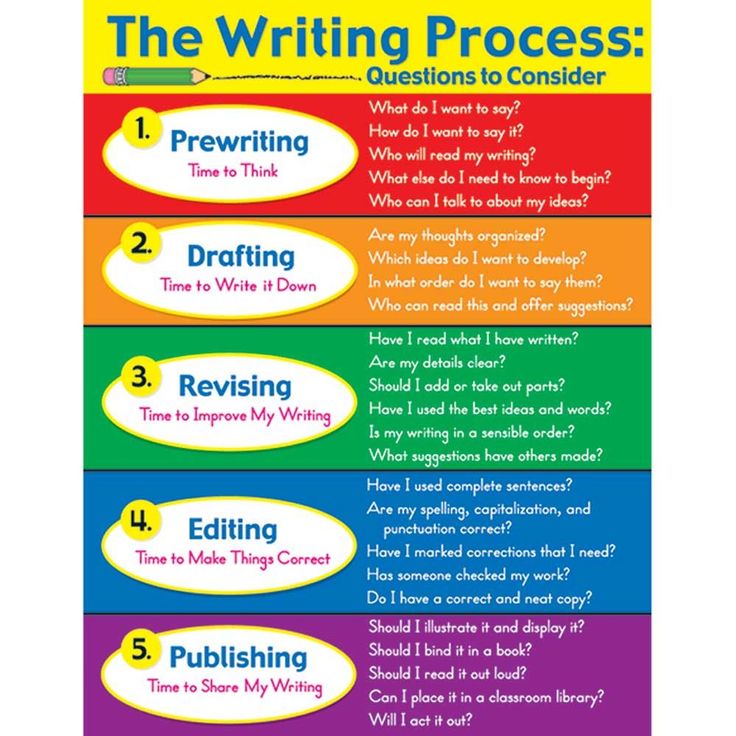 By choosing one of three plans, you’ll be able to have access to past and future vocabulary lists by either visiting a closed Facebook group OR having access to your own online classroom where lists and vocabulary worksheets will be uploaded and stored for your use. I’m creating and uploading new vocabulary lists each week and practice worksheets and printables each school day.
By choosing one of three plans, you’ll be able to have access to past and future vocabulary lists by either visiting a closed Facebook group OR having access to your own online classroom where lists and vocabulary worksheets will be uploaded and stored for your use. I’m creating and uploading new vocabulary lists each week and practice worksheets and printables each school day.
Play Games
Play a board game or other family game that builds vocabulary skills. Some of my favorites include Blurt, Read My List, Pictionary and Noodle Speedoodle. All are available on Amazon with my affiliate link.
- Blurt
- Read My List
- Pictionary
- Noodle Speedoodle
Make Flash Cards
I know it may sound boring, but writing out vocabulary words with their definitions activates other parts of your child’s brain and really does help them remember. It’s as simple as using index cards and writing the word on one side and the definition on the other. If you don’t have index cards cut down a regular sheet of paper into smaller squares. If you want to make it a little more fun, buy some colored index cards to use.
If you don’t have index cards cut down a regular sheet of paper into smaller squares. If you want to make it a little more fun, buy some colored index cards to use.
- I like these blank flashcards in assorted colors I discovered on Amazon. They come in a set of 1000 hole-punched cards with 5 metal sorting rings. I just ordered a set for my kids. Order one for your kids with my affiliate link.
Use it!
The more your kids use the vocabulary words, the more they will remember it. Challenge yourself and your kids to see who can use this week’s vocabulary words the most. If you’ve got the coins start a reward jar. Every time your child uses one of this week’s vocabulary words, from the list of 100 vocabulary words kids should know, correctly add a coin to the jar. At the end of the week, you can decide if they automatically get the money in the jar or if it goes to the child who used the most vocabulary words that week.
Write it out!
If you’ve been using our Writing Prompts for Kids, task your child with weaving the vocabulary words into their writing.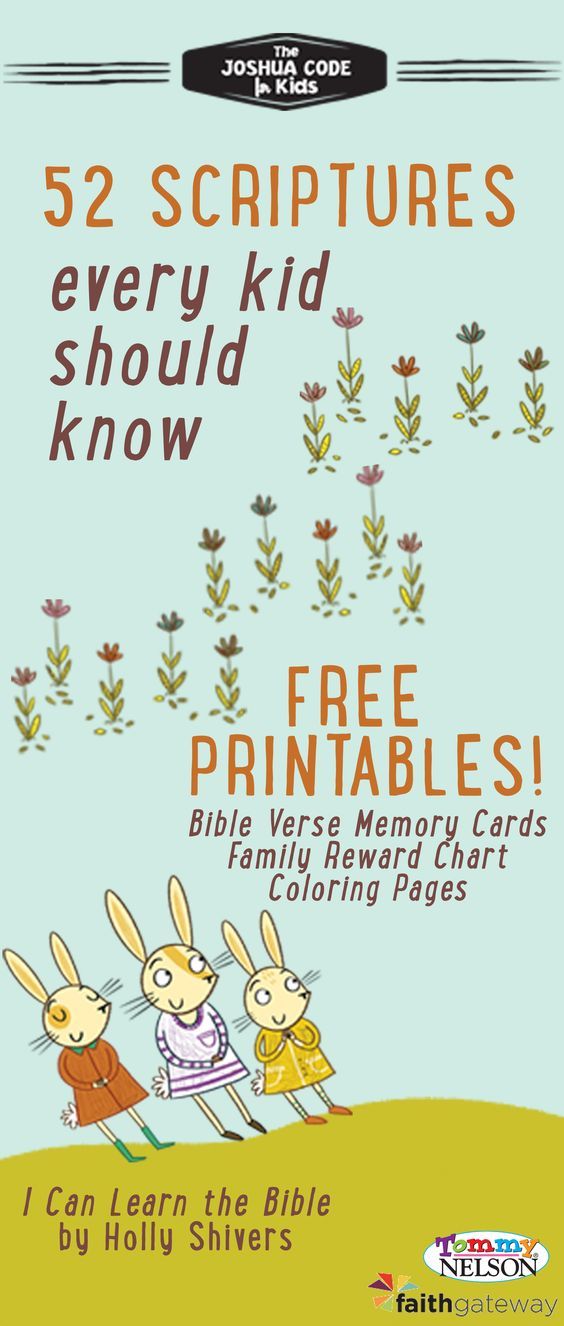 Have them write a letter to a friend or family member using the words. Writing not their thing? They can illustrate a picture or create a comic book strip that shows they know what the words mean.
Have them write a letter to a friend or family member using the words. Writing not their thing? They can illustrate a picture or create a comic book strip that shows they know what the words mean.
Other Vocabulary Resources
- Get your kids a recent Merriam-Webster’s Collegiate Dictionary (Affiliate link)
- Vocabulary Flash Cards (Affiliate link)
- Merriam-Webster’s Website has a Word of the Day
- Check the App Store or Google Play for Vocabulary Apps that offer words of the day, digital flash cards, and vocabulary games.
More resources for homeschooling and virtual learning in New Jersey
If you are new or have been homeschooling for years or are trying out virtual learning for the first time, we’re here to help. Click over to learn more about the Jersey Classroom, our way of providing free printables and educational worksheets for New Jersey students.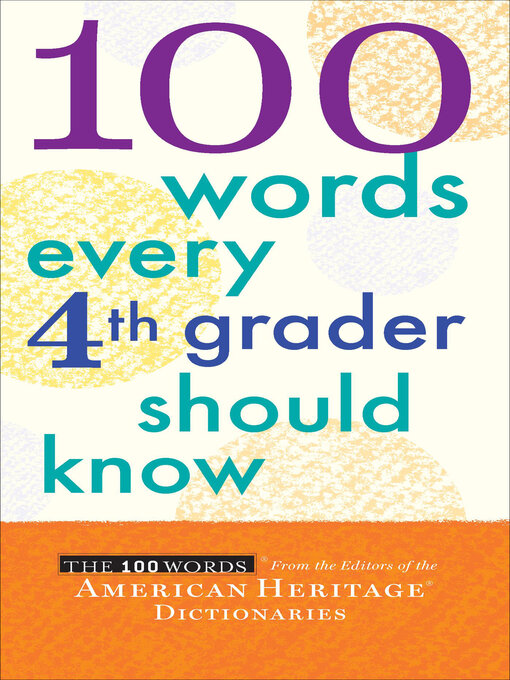 Not in New Jersey? While these printables and worksheets are themed for kids in New Jersey they can be a great resource for any kids who like to have fun.
Not in New Jersey? While these printables and worksheets are themed for kids in New Jersey they can be a great resource for any kids who like to have fun.
Early Childhood Speech Development Calendar
Early childhood is considered a very important period in a child's life.
This is the time of the most rapid and rapid changes in the mental and physical development of the baby, the child takes the first steps, learns to speak, begins to use gestures and other means of communication.
3 weeks - 1 month - there is a cry indicating emotional discomfort, pain or hunger. With physical stress, the child groans, making the sounds "a", "e".
2 - 3 months : the baby has a cooing, he utters simple sounds - " a", "y", "s ", sometimes in combination with " g ". This is an important stage in the development of speech in young children.
4 - 6 months - makes high melodious sounds, sounds of exclamation, reacts with joyful sounds to the faces of loved ones.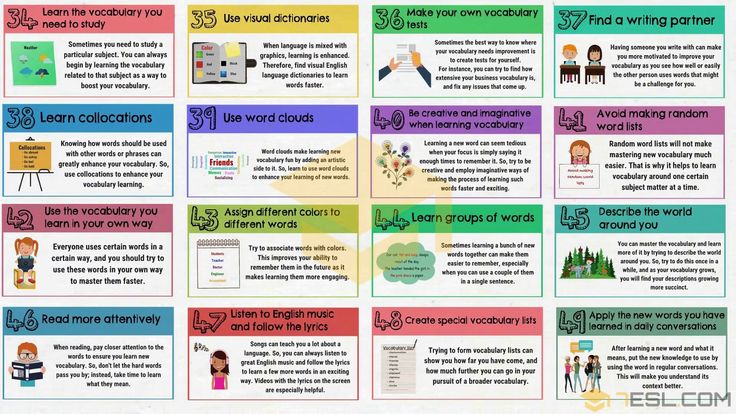
6 - 9 months - babbling, he repeats the same syllables (“ma-ma-ma”, “ba-ba-ba”, “dya-dya-dya”, “gu-gu-gu”).
9 - 11 months - the baby begins to imitate the sounds of adult speech.
11 - 14 months - the first meaningful words "mom", "dad", "woman", "uncle" appear, from 8 to 14 words. Correlates a word with an object
By the age of 2 years there are 100-200 words in the baby's vocabulary. He is already building a sentence of 2-3 words.
By the age of 3 the volume of the dictionary increases to 1000 words by enriching the child's life experience. Simple prepositions appear: in, on, under, for, with, at. The child remembers poems, children's songs.
By the end of 3 years , most children are able to construct sentences grammatically correctly, conduct dialogues, tell what they have seen and heard.
Important to know:
Do not listen to advice from other parents whose children began to say after 3 years that the child will speak on his own.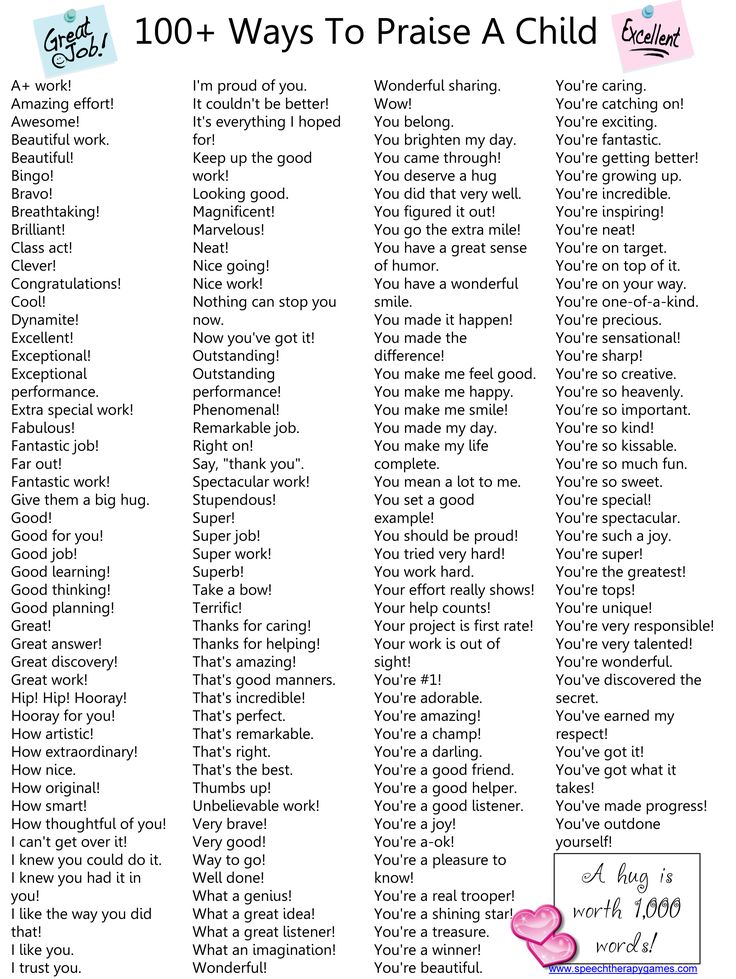 He will speak, the only question is what kind of speech it will be, its quality.
He will speak, the only question is what kind of speech it will be, its quality.
How to identify the signs of a speech disorder in a child?
By the end of 1 month the baby does not cry before feeding
By the end of 4 months does not smile when his mother talks to him, does not coo.
By the end of the 5th month does not listen to sounds and music
By the end of the 7th month does not react to the intonation of the voice, does not recognize the mother’s voice with a “revitalization complex” syllables for adults
By the end of 1 year the child does not wave his head when saying goodbye in denial. He does not utter a single word and does not follow simple instructions: “give”, “on”, “take”.
By the age of 1.5, does not show or name mom and dad, does not build a tower of blocks, does not differentiate sounding toys, does not use a pointing gesture.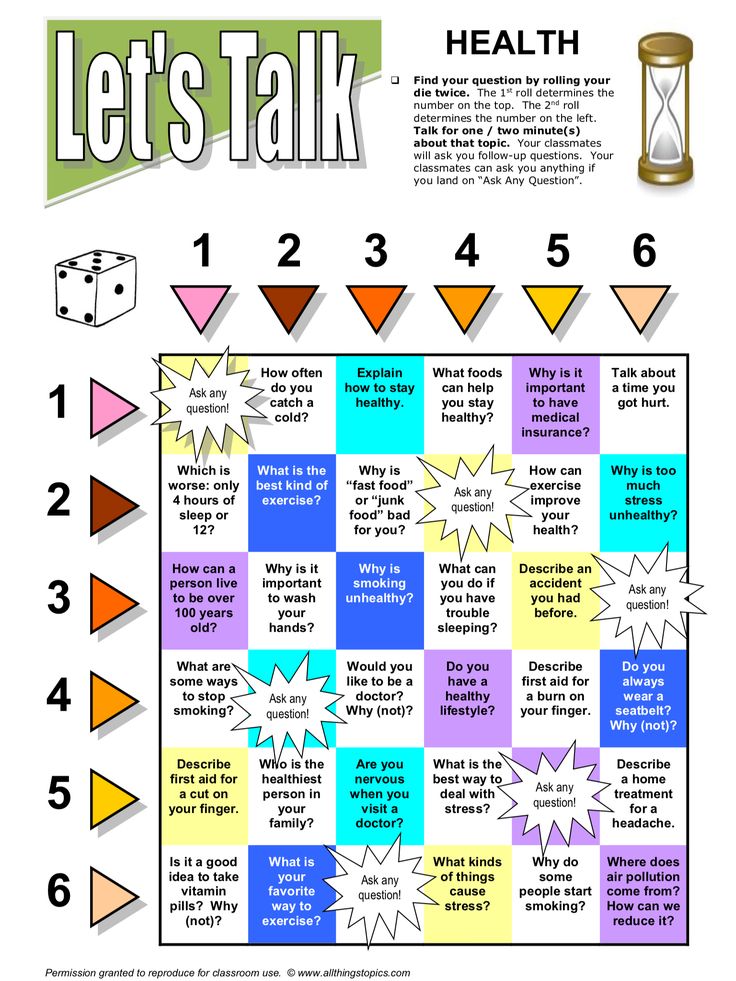
By age 2 does not show body parts, does not show mom and dad in the photo, does not follow the two-step instruction (go to the kitchen and put the plate on the table)
By the age of 2.5, does not distinguish between “big and small”, does not communicate with children.
By the age of 3, cannot give his first and last name, tell a simple poem and a fairy tale.
If this does not happen, there is a reason to contact specialists.
Possible causes of speech disorders
- Viral and endocrine diseases of the mother, threatened miscarriage, trauma, toxicosis, low hemoglobin level.
- Genetic anomalies, hereditary predisposition.
- Unfavorable delivery.
- Diseases borne by a child in the first years of life
- Babies with low Apgar scores at birth
The exact cause of the disorders is determined by the doctor, and the type of speech disorder is determined by the speech therapist.
So what can parents do to improve speech development?
Speech is the highest mental function, so the period of intrauterine development of a child is very important. Parents need to take care of the development of speech even before his birth. It is important that the expectant mother receives only positive emotions i.
Communicate more with your baby! Goodwill, a soft and calm voice, grammatically correct speech is another important factor in the development of speech.
Often, children, using only a pointing gesture, get what they want. Teach your child to express his desires as fully as possible, say new words, sentences.
Do not scold your child for mispronounced words. This can provoke neurotic reactions. He will shut up, stop speaking and learning new words.
Develop your baby's ability to listen and pay attention. Play games with him that help him develop his ability to listen and hear: “Listen, what's ticking there? And what's that noise?" Let the baby learn to distinguish between speech and non-speech sounds (environmental sounds).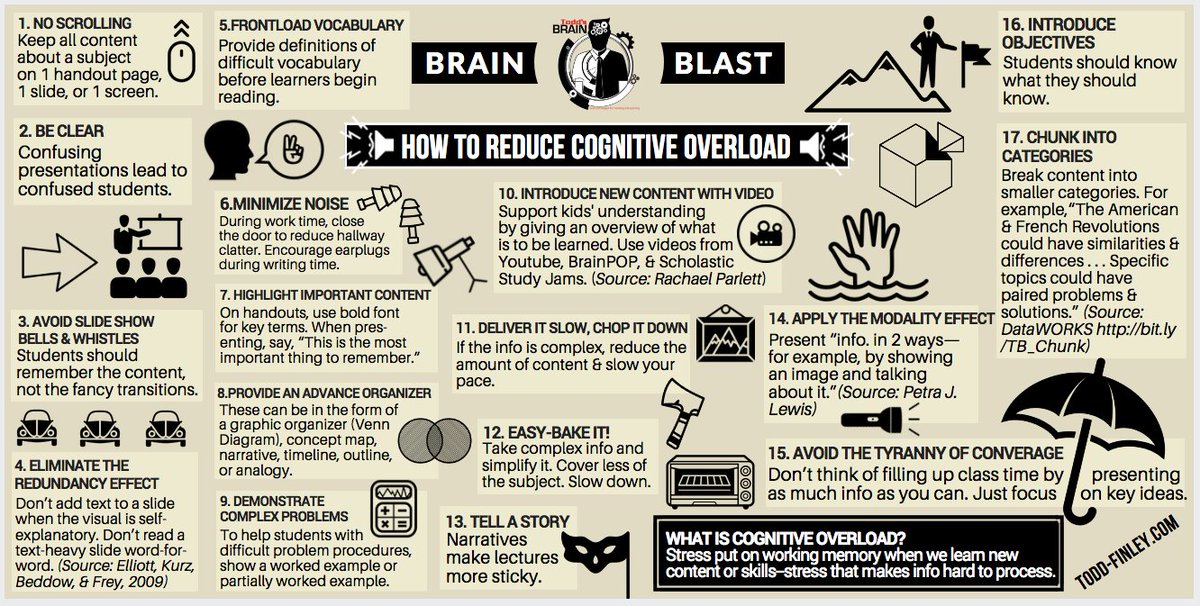
Teach your child fairy tales, poems, because memorizing them and repeating, he learns new words, trains memory and attention.
Important to know:
Speech disorders can be corrected - it is important not to waste time!
Author-compiler: Mikhnovich O.F. teacher-speech therapist
My first words: English words for children
How to raise a polyglot child? The answer is simple: start learning languages with him as early as possible. Basic English will be an excellent foundation for the future knowledge of the baby and will help develop learning skills, because the brain of children at an early age absorbs an almost endless amount of information like a sponge. The main thing is to present it correctly.
In this article you will find not only simple first English words for children, but also recommendations for learning them. Open to your kid the fascinating world of English!
At what age do we start teaching?
The opinions of experts and parents themselves about the age at which it is worth starting to learn English with a child differ.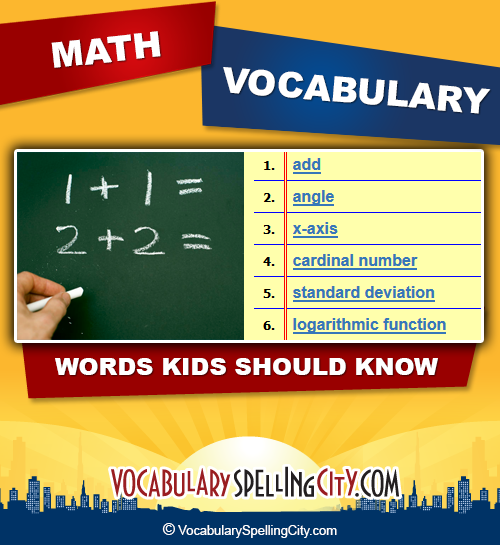 Of course, you can start singing lullabies to your baby in English even from infancy, but your strength will be almost wasted.
Of course, you can start singing lullabies to your baby in English even from infancy, but your strength will be almost wasted.
Most agree that the most optimal age from which the average child begins to adequately learn English as a foreign language is 2.5-3 years. It is believed that at this age the process of formation of native speech is already ending. That is, the child must be able to clearly pronounce Russian sounds and words, as well as build sentences and have a coherent speech.
The exceptions here are when the child grows up in a multicultural environment. For example, if the mother is Russian and the father is English, then it is possible to communicate with the child in two languages from the very beginning. True, then your child will be funny to form sentences, and questions like: “Mom, can I have an apple” will constantly sound in the house.
This approach is good when the family lives abroad, where the main language is a foreign one. As the child gets older and starts attending kindergarten, the child will understand the difference between the languages of his parents and begin to use the words in the correct context. This applies, by the way, not only to English, but also to any foreign language.
As the child gets older and starts attending kindergarten, the child will understand the difference between the languages of his parents and begin to use the words in the correct context. This applies, by the way, not only to English, but also to any foreign language.
If you want your child to speak only English from the very beginning, you can create an artificial multicultural environment. For example, at home talking with the baby only in a foreign language.
Is it possible to send a child to a language nursery or kindergarten with an English focus? Then do it without any hesitation. So the multicultural environment will be natural for the child: in the nursery they will communicate with him mainly in English, and at home you will be able to talk with the baby in Russian. In specialized language kindergartens, teachers will help your child learn English in a natural environment, and at home you can consolidate knowledge with him through various games and riddles.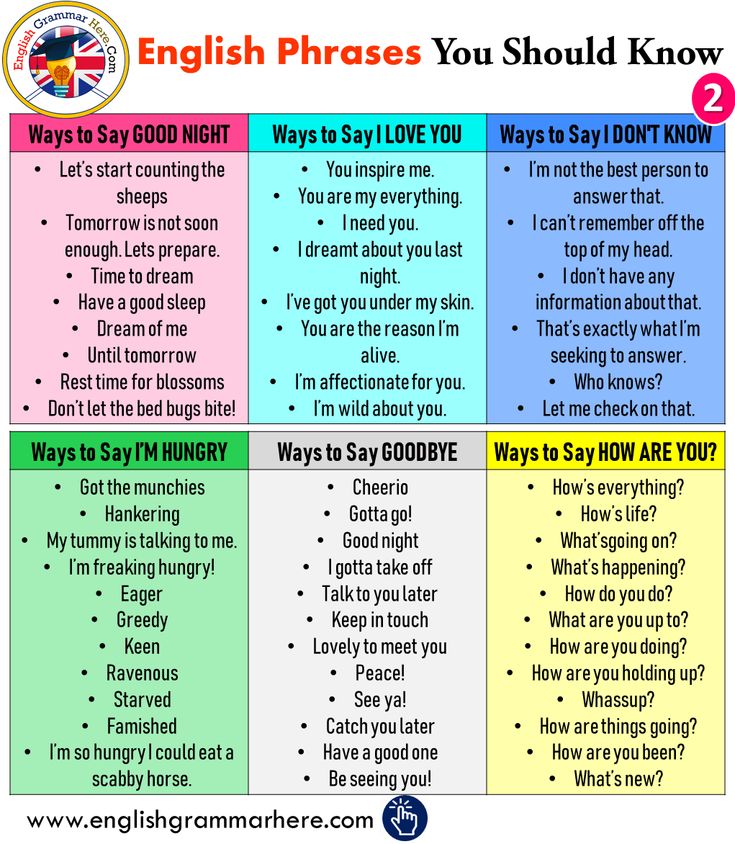
If it is not possible to send your child to a language kindergarten, start learning English at home using the same methods that you used to learn your native language with him.
How to learn English with a child?
At a young age, of course, we are not talking about grammar or writing English words. To begin with, the child needs to learn how to pronounce sounds correctly, remember letters and form a basic vocabulary. By the way, it will be much easier for a kid than for an adult to remember the correct pronunciation of English sounds, which are so different from Russian ones. They will not have to rebuild their articulation apparatus as much as we, adults, who have been speaking their native language for many years.
Here is a list of skills to develop in a preschooler first:
- listening to speech
- speaking
- reading
To make learning English not a burden for a child, add an element of play to the learning process.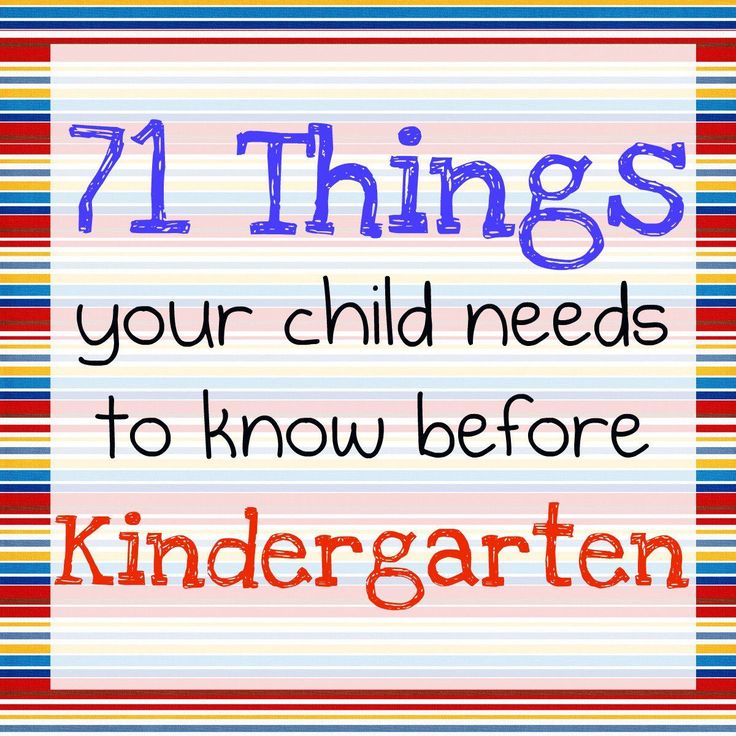
Get a colorful glove doll and make it a kind of "teacher" for your child. Introduce your baby to a new toy and say that it only understands English, which means that in order to play with it, the child needs to learn an interesting new language. So this toy will become the main intermediary between you and your child in learning English.
First of all, learn the alphabet and the correct pronunciation of letters and basic sounds with your child. Make it better with the help of the popular ABC Song. This is how the English alphabet is taught all over the world, not only by foreigners, but also by native speakers themselves.
Next - form basic English for children: words and simple phrases. For example, make cards for basic words that the child already knows in their native language. These can be household items, animals, body parts, etc. It is better that the cards are bright, with the spelling of a word and a picture symbolizing a particular subject.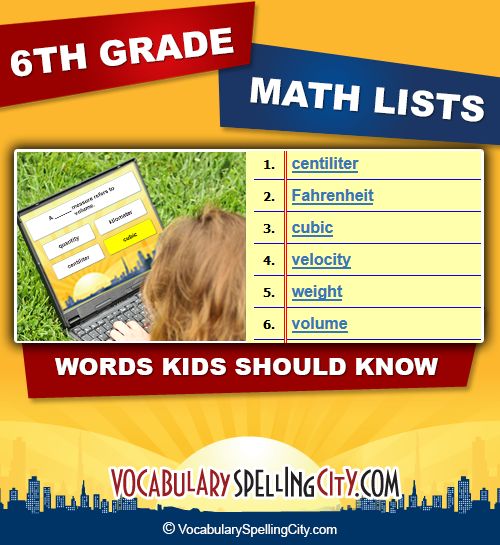 You can stick these cards on household items so that the child constantly sees the names of objects in English and memorizes them automatically.
You can stick these cards on household items so that the child constantly sees the names of objects in English and memorizes them automatically.
Incorporate English words into your regular vocabulary when communicating with your child. In the context of what is happening around the baby, it will be much easier to understand and learn the language. Playing at home or being outside, use the phrases and words you have already learned. If a child tells you: “Mom, look, a kitty!” Then answer: “Yes, it’s true, it’s a cat. How would it be in English? A cat. This is a cat.
By the way, it's better to start learning not just individual words, but whole phrases at once, as in the example above. That is, to acquaint with the very, very basic grammar. After all, if you tell your child only words, he will only know the translation, and if you start using whole sentences, then he will memorize in sentences.
Visualization and variety are important for learning English with a child.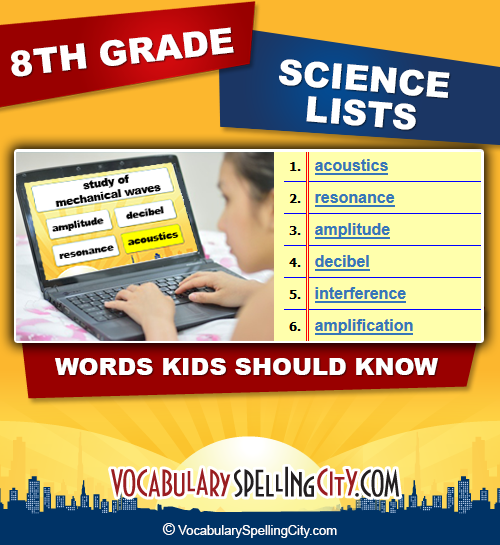 Children may enjoy books in English with colorful pictures that can be read together at bedtime instead of the usual Russian fairy tales. Also, do not forget about special educational cartoons in English, where bright characters tell the child about the basics of the language or teach him the alphabet.
Children may enjoy books in English with colorful pictures that can be read together at bedtime instead of the usual Russian fairy tales. Also, do not forget about special educational cartoons in English, where bright characters tell the child about the basics of the language or teach him the alphabet.
Play fun, educational games with your little one so they don't get bored while learning English. It can be cards, pantomimes, drawings and much more.
Basic set of words with transcription and translation
The first English words for children to start learning the language with are those that surround the child every day. Below you will find a list of such words by topic.
Family [ˈfæmɪli] - family
Mother [ˈmʌðə] Father [ˈfɑːðə] - father
Brother [ˈbrʌðə] - brother
Sister [ˈsɪstə] - sister
Grandmother [ˈgrænˌmʌðə] - grandmother
Grandfather [ˈgrændˌfɑːðə] - grandfather
Body [ ˈbɒdi ]
Head [head] - head
Hair [heə] - hair
Eyes [aɪz] - eyes
Nose [nəʊz] - nose
Teeth [tiːθ] - teeth
Lips [lɪps] - lips
Ears [ɪəz] - ears
Neck [nek] - neck
Shoulders [ˈʃəʊldəz] - shoulders
Leg [leg] - leg
Feet [fiːt] - feet
Pets [ pets ]
Dog [dɒg] - dog
Cat [kæt] - cat
Kitten [ˈkɪtn] - kitten
Puppy [ˈpʌpi] - puppy
Rabbit [ˈræbɪt] - rabbit
Parrot [ˈpærət] - parrot
Fish [fɪʃ] - fish
Hamster [ˈhæmstə] - hamster
Snake [sneɪk] - snake
Turtle [ˈtɜːtl] - turtle
Animals [ ˈænɪməlz ]
Goat [gəʊt] - goat
Pig [pɪg] - pig
Sheep [ʃiːp] - sheep
Horse [hɔːs] - horse
Cow [kaʊ] - cow
Goose [guːs] - goose
Chicken [ˈʧɪkɪn] - chicken
Duck [dʌk] - duck
Cockerel [ˈkɒkərəl] - cock
Fox [fɒks] - fox
Wolf [wʊlf] - wolf
Bear [beə] - bear
Hare [heə] - hare
Elephant [ˈelɪfənt] - elephant
Tiger [ˈtaɪgə] - tiger
Lion [ˈlaɪən] - lion
Crocodile [ˈkrɒkədaɪl] - crocodile
Giraffe [ʤɪˈrɑːf] - giraffe
Colors
Red [red]
Green [griːn] - green
Blue [bluː] - blue
Orange [ˈɒrɪnʤ] - orange
Yellow [ˈjeləʊ] - yellow
Pink [pɪŋk] - pink
Gray [greɪ] - gray
Black [blæk] - black
White [waɪt] - white
Purple [ˈpɜːpl] - purple
Brown [braʊn] - brown
Food
Water [ˈwɔːtə] - water
Tea [tiː] - tea
Juice [ʤuːs] - juice
Sugar [ˈʃʊgə] - sugar
Salt [sɒlt] - salt
Yogurt [ˈjɒgət] - yogurt
Bread [bred] - bread
Milk [mɪlk] - milk
Cheese [ʧiːz] - cheese
Eggs [egz] - eggs
Butter [ˈbʌtə] - oil
Meat [miːt] - meat
Cookies [ˈkʊkiz] - cookies
Chocolate [ˈʧɒkəlɪt] - chocolate
Fruits [ fruːts ]
Apple [ˈæpl] - apple
Pear [peər] - pear
Orange [ˈɒrɪnʤ] - orange
Banana [bəˈnɑːnə] - banana
Lemon [ˈlemən] - lemon
Pineapple [ˈpaɪnˌæpl] - pineapple
Grapes [greɪps] - grapes
Kiwi [ˈkiːwi:] - kiwi
Tangerine [tæn(d)ʒəˈriːn] — Mandarin
Melon [ˈmelən] - melon
Watermelon [ˈwɔːtəˌmelən] - watermelon
Peach [piːʧ] - peach
Vegetables
Carrot [ˈkærət] - carrot
Onion [ˈʌnjən] - bow
Garlic [ˈgɑːlɪk] - garlic
Tomato [təˈmɑːtəʊ] - tomato
Cabbage [ˈkæbɪʤ] - cabbage
Pepper [ˈpepər] - pepper
Potato [pəˈteɪtəʊ] - potato
Cucumber [ˈkjuːkʌmbə] - cucumber
House [haʊs]
Bedroom [ˈbedruːm] - bedroom
Living room [ˈlɪvɪŋ ruːm] - living room
Kitchen [ˈkɪʧɪn] - kitchen
Bathroom [ˈbɑːθruːm] - bathroom
Fridge [frɪʤ] - refrigerator
Cooker [ˈkʊkə] - plate
Table [ˈteɪbl] - table
Chair [ʧeə] - chair
Sofa [ˈsəʊfə] - sofa
Bed [bed] - bed
Window [ˈwɪndəʊ] - window
Mirror [ˈmɪrə] - mirror
Towel [ˈtaʊəl] - towel
Toothbrush [ˈtuːθbrʌʃ] - toothbrush
Toothpaste [ˈtuːθpeɪst] - toothpaste
Wardrobe [ˈwɔːdrəʊb] - wardrobe
Cup [kʌp] - mug
Plate [pleɪt] - plate
Bowl [bəʊl] - bowl
Fork [fɔːk] - fork
Spoon [spuːn] - spoon
Knife [naɪf] - knife
Clock [klɒk] - hours
Clothes [ kləʊðz ]
Dress [dres] - dress
Skirt [skɜːt] - skirt
Shirt [ʃɜːt] - shirt
T-shirt [ˈtiːʃɜːt] - T-shirt
Jeans [ʤiːnz] - jeans
Trousers [ˈtraʊzəz] - pants
Shorts [ʃɔːts] - shorts
Jumper [ˈʤʌmpə] - sweater
Suit [suːt] - suit
Coat [kəʊt] - coat
Hat [hæt] - hat
Socks [sɒks] - socks
Months [ mʌnθs ] — months
January [ˈʤænjʊəri] - January
February [ˈfebrʊəri] - February
March [mɑːʧ] - March
April [ˈeɪprəl] - April
May [meɪ] - May
June [ʤuːn] - June
July [ʤu(ː)ˈlaɪ] - July
August [ˈɔːgəst] - August
September [sepˈtɛmbər] - September
October [ɒkˈtəʊbə] - October
November [nəʊˈvembə] - November
December [dɪˈsembə] - December
Weather [ ˈweðə ]
Sun [sʌn] - sun
Rain [reɪn] - rain
Cloud [klaʊd] - cloud
Wind [wɪnd] - wind
Snow [snəʊ] - snow
Fog [fɒg] - fog
Cold [kəʊld] - cold
Hot [hɒt] - hot
Winter [ˈwɪntə] - winter
Spring [sprɪŋ] - spring
Summer [ˈsʌmər] - summer
Autumn [ˈɔːtəm] - autumn
This list of first English words for children is far from complete.